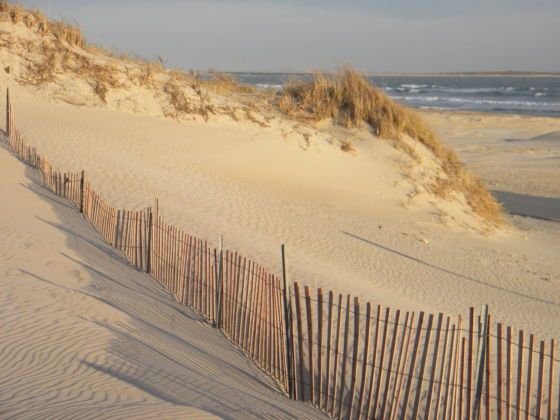SNOW AND ICE CLUNG TO THE DOCK as whitecaps churned atop a colorless harbor. ‘I hope I never have to live in this God forsaken place,’ thought my mother in the blustery, frigid January of 1960. ‘The boondocks, the middle of nowhere…’
This fearful plea perhaps caught the gently ironic attention of The Man Upstairs, and my folks moved to Westport Point, MA in 1961. The city girl from bustling Ft. Lauderdale found herself living in a massive converted barn, 15 “country miles” from Central Village, sledding Gamble’s Hill on the winter snow, leaping from Elephant Rock under the summer sun at the beach club.
